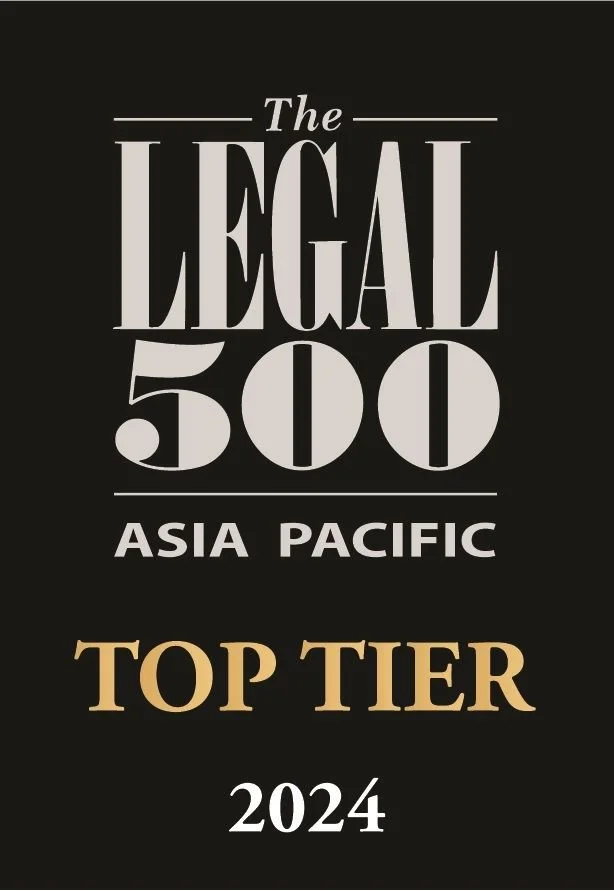Successful 147 Application: Charges against Buttle Brothers Dismissed
/On 9 December 2019, Whaakari erupted while 47 people were on the Island. Twenty two people died and the remaining 25 people were injured, many critically.
James, Andrew and Peter Buttle are the directors of Whaakari Management Limited (WML), which owns the Island. The Buttle Brothers and WML were among 13 parties charged over the eruption.
The charges against the Buttle Brothers were laid under s 44 of the Health and Safety Act 2015, for failing to exercise necessary due diligence as directors of WML. In particular, for failing to ensure WML obtained expert advice before allowing access to the island.
The Buttle Brothers applied for the charges against them individually to be dismissed pursuant to s 147 of the Criminal Procedure Act 2011. Their application was successful earlier this month, with Judge EM Thomas dismissing the charges in his judgement of 5 September 2023.
The key reason for His Honour’s dismissal of the charges was the absence of evidence as to actions or inaction of each of the brothers when acting as directors of WML. Judge Thomas noted that if WML only had one director, or if there was evidence in WML’s constitution that directors’ decisions needed to be unanimous, then this matter would have been more straightforward.
There was no evidence of what happened behind the boardroom door for WML, including discussions between the Buttle Brothers on responsibilities or circumstances. There was nothing which showed whether all of the board members agreed that WML did not need expert advice, or if the responsibility had been delegated to one of the individual Buttle Brothers.
While charges against the three brothers have been dismissed, the trial over their company, WML’s involvement, continues.
Lessons for WorkSafe
Judge EM Thomas commented that WorkSafe focussed on the primary duty holders and not the directors in its investigation. Further, he considered that there was information which WorkSafe should have requested from the Buttle Brothers, and they failed to do so.
It appears that WorkSafe chose very late to prosecute the Buttle Brothers (the decision not to do so earlier being based upon a lack of evidence). Why WorkSafe changed its mind and prosecuted the Buttle brothers is not clear. However, it is apparent that WorkSafe decided to prosecute them without remedying the lack of evidence against them as directors.
This will no doubt be a sobering lesson for WorkSafe. Its eagerness to prosecute the Buttle Brothers without adequate evidence is concerning. Nevertheless, this decision provides a useful guide as to what WorkSafe’s obligations are in terms of establishing what individual directors did or did not do before it decides to prosecute those persons. This is a valuable lesson, not just for WorkSafe, but also for those who WorkSafe is investigating.






